Latest Illinois Humanities project casts spotlight on criminal justice system and racism
The latest exhibition by Illinois Humanities, Envisioning Justice Re: Action, highlights the issues of mass incarceration and its disproportionate impact on Black people. It is virtual and accessible from anywhere in Carbondale and Southern Illinois.
The organization, based out of Chicago, uses the arts and humanities to raise awareness about important social justice issues.
Executive director Gabrielle Lyons said the original idea for this project was initially short-term and designed to work with communities highly impacted by mass incarceration in Chicago.
Advertisement
She said, when the original exhibition came to a close, she realized the group needed a longer-term initiative to continue to empower activists and artists to have those much-needed conversations.
“Our communities, particularly communities far away from Chicago are deeply connected to communities in Chicago in some ways through the injustice of the way the carceral system works,” Lyons said.
The program manager for Envisioning Justice and Illinois Humanities, Tyreece Williams, said so many visited that original exhibition that he wanted to create another space for people to engage and interact.
“Our mandate is to be in service to the entire state of Illinois, so we made a virtual interactive platform for our viewers to engage in,” Williams said.
Illinois Humanities began by calling for commissions and asking for artists interested in creating new works to help people envision a future without mass incarceration.
The group commissioned fourteen artists, mostly from Illinois, and worked with them to create prompts, then on creating a website that was easily accessible and user-friendly.
“Some folks are formerly incarcerated and experiencing reentry, so their projects help us understand their experience,” Lyons said.
Advertisement*
Chicago filmmaker Joshua Jackson is working on a six-minute, ten-episode documentary highlighting stories of people who successfully transitioned from prison back into society.
Jackson did an episode on Nicole Coco Davis, who is setting up transitional housing in Chicago and Northwest Indiana for Envisioning Justice. The episode told the story of how her not having resources when she got out of prison affected her.
“After we talked and built up trust, she agreed to be a part of the documentary. Due to the pandemic we had to socially distance ourselves but I was able to document the process of her setting up her transitional homes,” Jackson said.
Jackson said he hopes his piece helps people understand that it’s important not to dwell on the past but rather focus on the future.
“Yes, Nicole went to prison, but it’s what she’s doing now that matters and the best part was setting up transitional homes to help others successfully transition back into society,” Jackson said.
Jackson said he wants people to look at what she’s doing and share their resources while working to be advocates.
Williams said the topics of the works range from police torture to healing.
There is also a toolkit filled with interactive activities for participants to explore as part of the main exhibition.
Lyons said there’s a podcast as part of the main exhibition that explores local and international acts of creative resistance as well as encouraging people to drink tea while listening to the podcast.
“It’s important to use that shared moment for something as simple as a cozy cup of tea, as a vehicle for coming together,” Lyons said.
Lyons said there is a collaboration called Unbarred Poetics for people to watch videos of four poets and then have a structured conversation as well as a two-part puppet play in Spanish.
“This play is looking at the ripple effects of harm on communities but they’re doing it through an experimental puppet play,” Lyons said.
Jackson’s toolkit idea goes along with the theme of transitional housing.
“I asked people to find shelters, transitional homes or halfway houses where they lived, figure out what they needed, and mark where it is so we can create a map for people who need those resources,” Jackson said.
Lyons said participants can also download templates and activities from the toolkit like how to write a play from scratch, how to make the puppets and to lead discussions based on prompts.
Williams said Envisioning Justice has micro grant opportunities on their website and will be giving out $1,000 micro grants to people who want to use the prompts or exhibition works to facilitate group activities.
“We want as many people across the state to be engaged [as possible] so, if people are interested in bringing a group of folks together to engage with the works of the exhibition, I highly encourage them to look at our micro grants opportunity,” Williams said.
Williams said he hopes the site has longevity and that it reaches a lot of people.
“The topics in the exhibition are critical and necessary for us to understand and to talk about if we really want to get to a place of healing,” Williams said.
Lyons said the first step to combating racism is moving the conversation, which has been in the shadows for years, into the forefront. She said the issue of racism has to be made mainstream to enable people to stretch their imaginations and visualize alternatives.
Lyons said the next step is shining a light on the artists and activists who are doing highly impactful and amazing work directly with communities.
“For social justice to happen, it has to center the voices, people and experiences most impacted by the injustice and our project has been extremely focused on that,” Lyons said.
Lyons said she hopes they can host more in-person events to enable people to engage with the tools in-person as well as sharing it across the state of Illinois.
Staff reporter Joel Kottman can be reached at [email protected] and on Twitter: @JoelKottman. To stay up to date with all your Southern Illinois news, follow the Daily Egyptian on Facebook and Twitter.
Advertisement




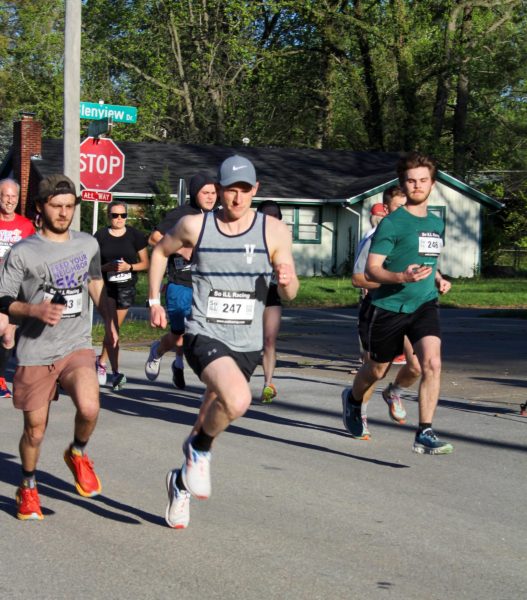
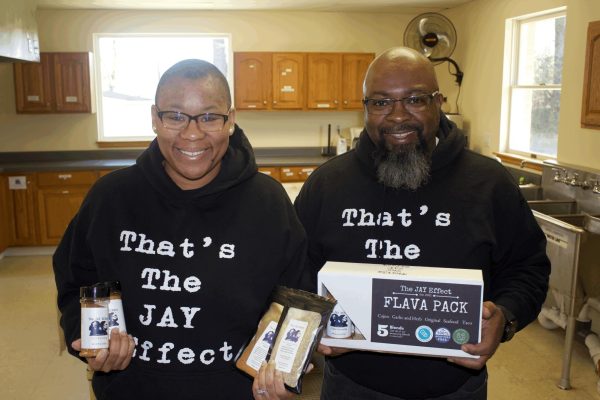
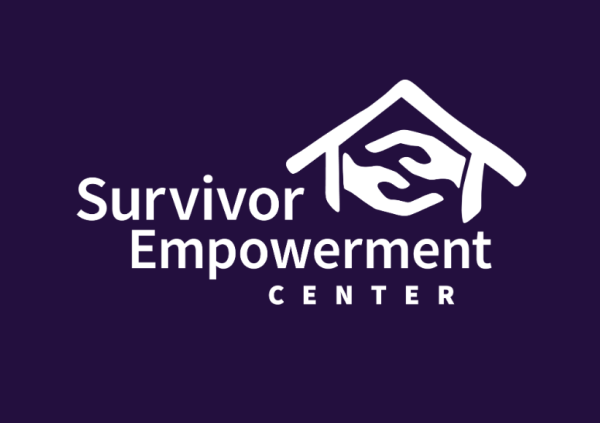
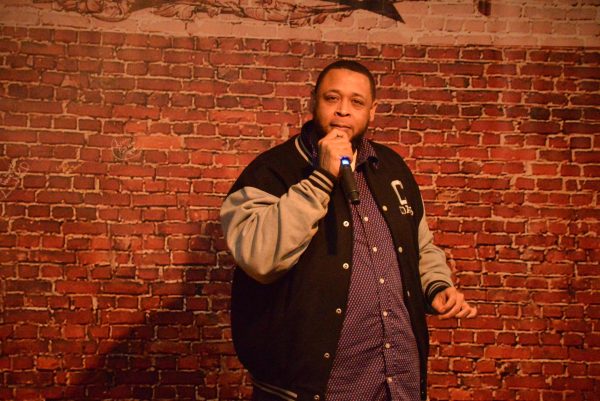
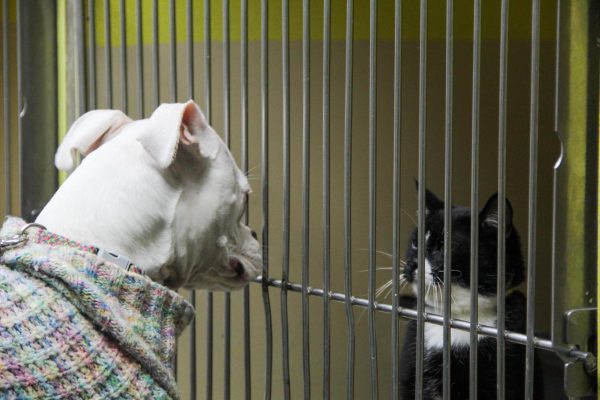


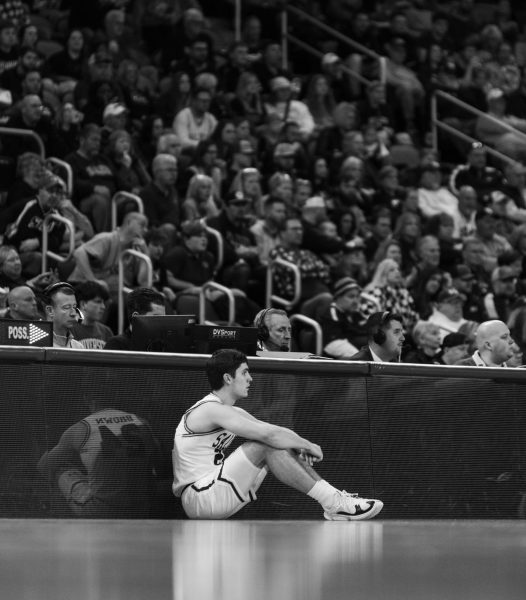
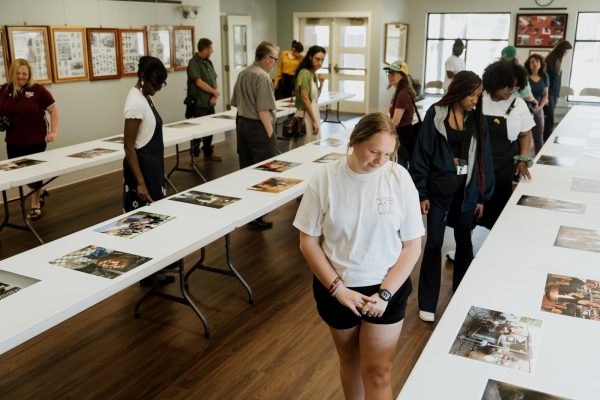

Matt Chancey • Apr 25, 2022 at 4:35 pm
Mass incarceration is a misnomer and a misleading one at that. Mass incarceration would be the incarceration of many people at once. That is not what is happening. In fact, the great majority of people who are convicted of crimes in the State of Illinois are sentenced to probation, conditional discharge, or court supervision. The people who go to prison are, for the most part, violent or repeat offenders, and the repeat offenders are usually on their 3rd, 4th, or more felonies. Most of them have been given repeated opportunities at probation and offered addiction or other counseling. With few exceptions, the people who are in prison have earned their stay there. As for the disproportionate effect on the black community, statistics clearly show that the crime rate ( and as a result, the victimization rate) in the black community is commensurate with and the reason for the high incarceration rate.